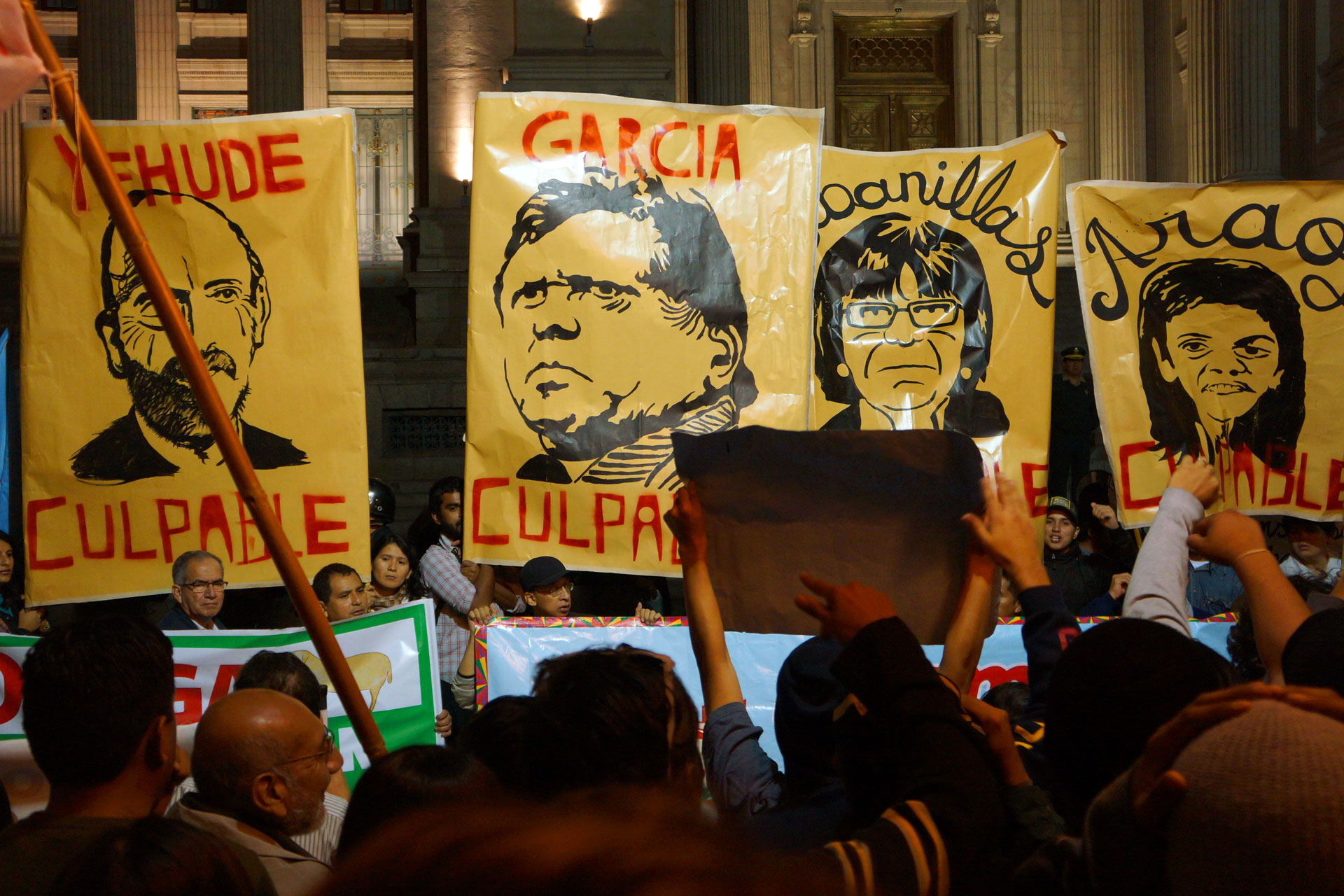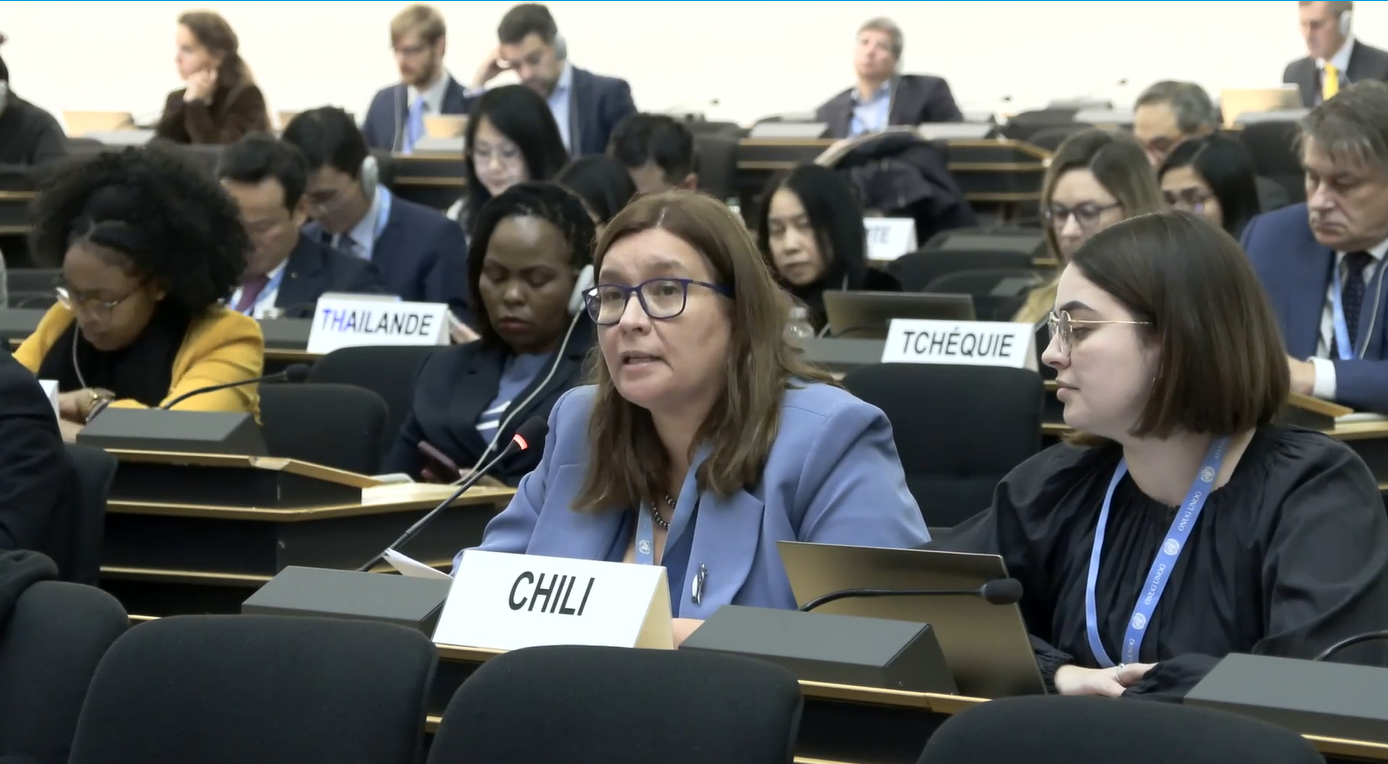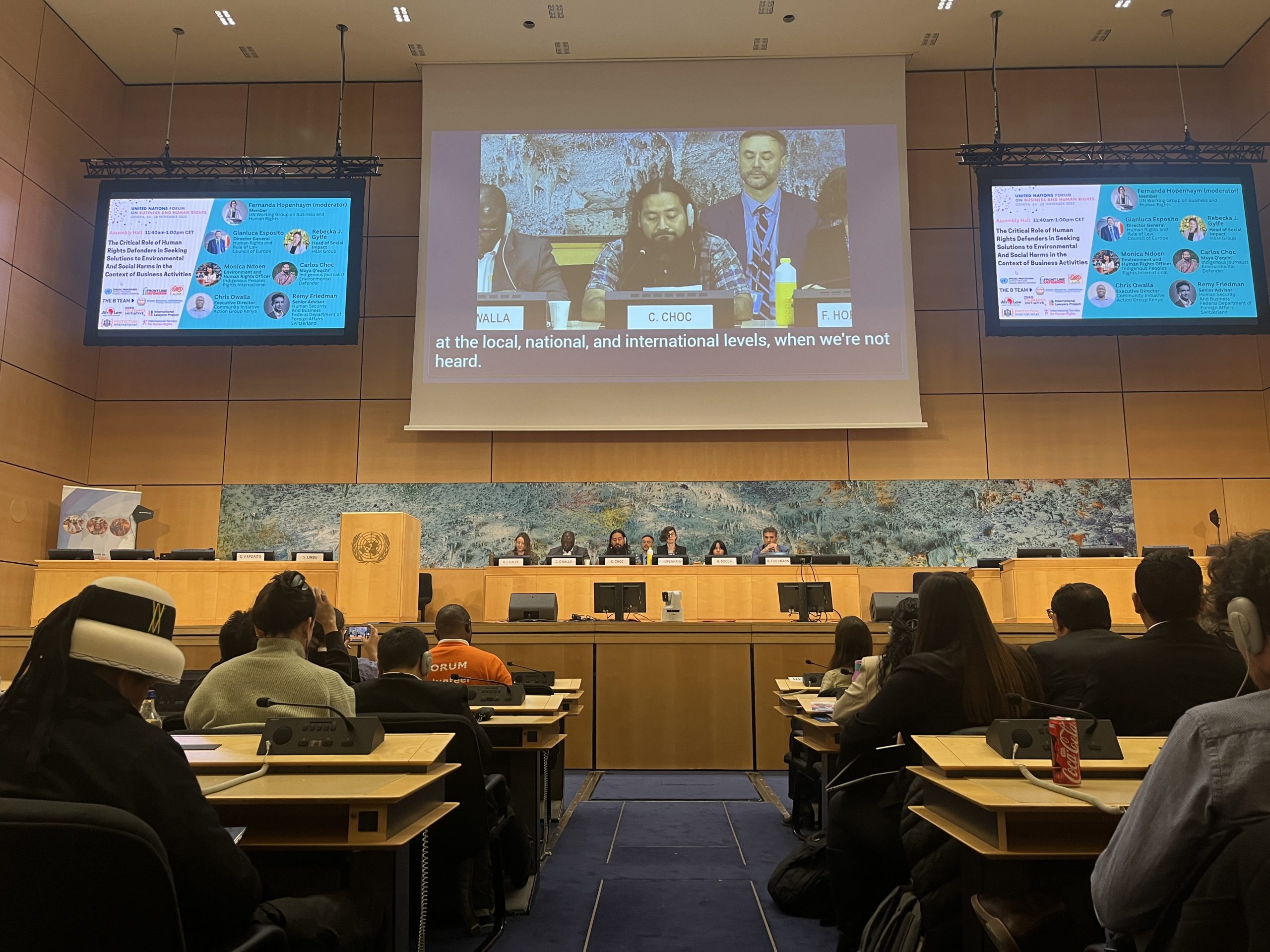Lea el artículo en español aquí.
Next month, Peru will be reviewed again by the Universal Periodic Review (UPR), a mechanism that aims at evaluating the measures taken by States to protect human rights. This means Peru has a new opportunity to demonstrate its level of commitment to recommendations issued by other States.
Although Peru had accepted most of the recommendations received during its UPR review of 2012, the situation of human rights defenders in the country is still grave, explains ISHR’s New York office director and head of regional advocacy Eleanor Openshaw.
‘The main cause for this reality is the Government’s ongoing refusal to implement recommendations. In particular, the recommendation related to the abolishment of defamation laws has had no impact on the ground as Peru did not accept it in 2012,’ says Openshaw.
Ana María Vidal from the National Coordinator for Human Rights (Coordinadora Nacional de Derechos Humanos – CNDDHH), a platform of 82 Peruvian civil society organisations, highlights that the situation not only shows the lack of commitment by the authorities to protect human rights defenders, but is yet another example of the prevailing impunity in the country.
‘The attacks and acts of criminalisation are part of the day-to-day lives of these people while exercising their right to freedom of expression, association and the press,’ says Vidal. ‘When you include the assaults, defamation and constant harassment, it all adds up. And environmental and land defenders are the most affected.’
Unfortunately, the State’s failure to take action to protect defenders, and to prevent the continued aggressions – usually committed by State actors – have severely marked the dynamics of the country.
The Legislative Decree 1186 of 2015 and Deputy Ministerial Resolution No. 7-2016-JUS adopted in 2016 represent the State’s failed attempts to implement a legal framework concerning the use of force and the protection of defenders. Impunity remains, and human rights activists are its main victims.
ISHR’s training manager and regional focal point Helen Nolan explains that, given the lack of concrete action by the Peruvian authorities and the lack of commitment to the recommendations arising from the last UPR cycle, ISHR has presented this joint report with the CNDDHH.
Through this document, the organisations aim at giving visibility to the situation of defenders and to present a series of recommendations to the State.
‘We encourage the States performing the review to listen to the concerns of Peruvian civil society,’ says Nolan, explaining that the main recommendations that should be made to Peru in the UPR include:
- Combating impunity and ensuring the integrity and security of human rights defenders
- Refraining from criminalising the actions of defenders, as well as to repealing or amending any law that restricts their activities
- Recognising the legitimacy of human rights defenders and enabling the creation of a safe environment where activists and journalists can freely exercise their work
- Developing and implementing a comprehensive public policy on the protection of human rights defenders, with a specific mechanism for protection against State and non-State actors
- Providing safe spaces for the active participation of civil society in the development and implementation of public policies
- Developing and implementing, with the participation of civil society, a system of prevention and monitoring of the use of force during demonstrations
Read the full text of the report here.
Photo Credit CNDDHH




